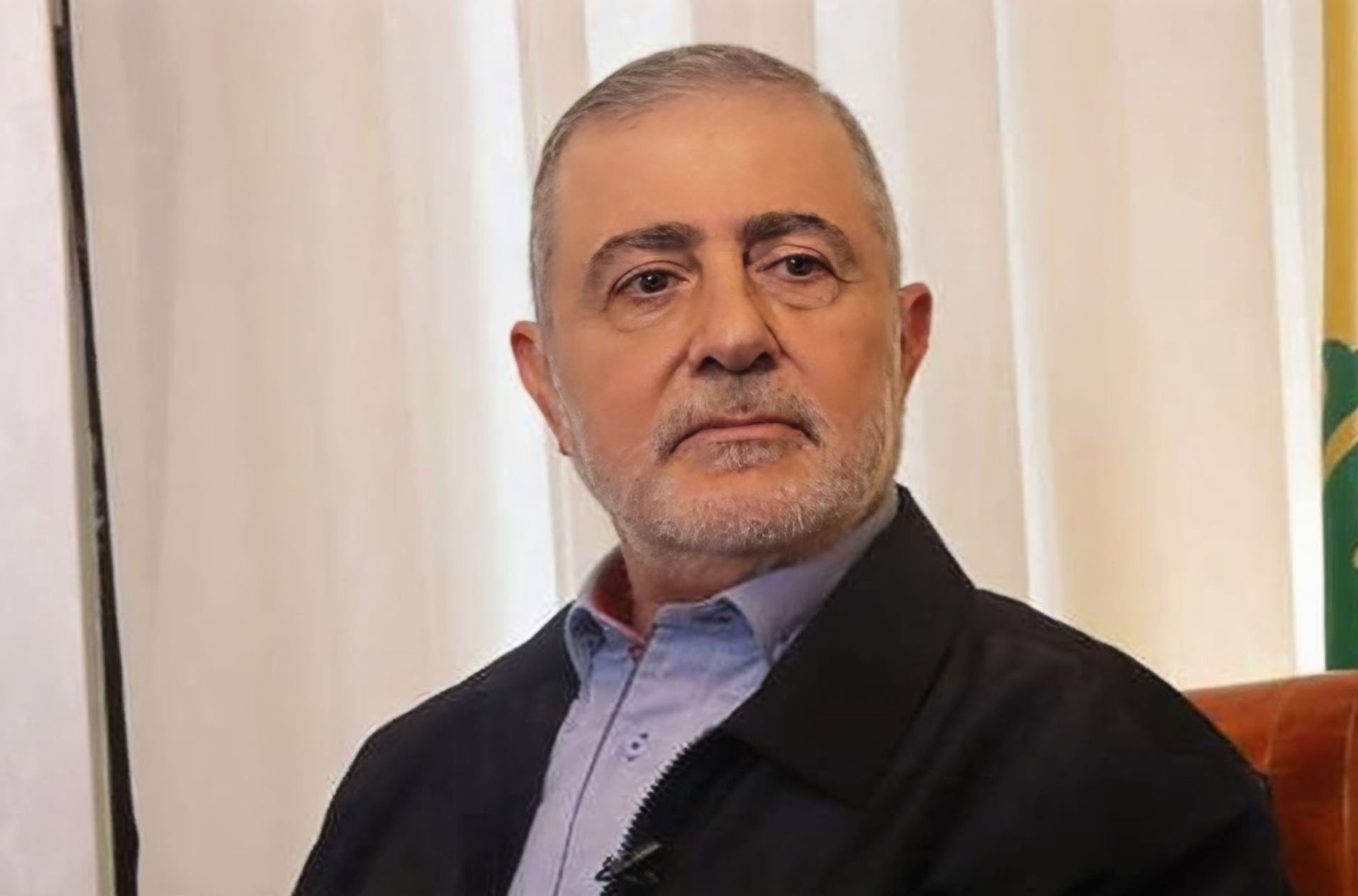Head of the Hezbollah Liaison and Coordination Unit, Wafiq Safa (Lebanese press)
A member of the Lebanese Hezbollah leadership, Wafiq Safa, visited the UAE in what is the first visit by a senior representative of the blacklisted party to the Arab Gulf states.
In his report published by the Russian newspaper "Nezavisimaya", Igor Subbotin says that the official reason for the visit is to discuss the release of Lebanese citizens imprisoned in the UAE, but experts point out that the negotiations could also focus on ending the clashes between Hezbollah and Israel, with which the UAE has established official relations.
The writer quotes Reuters that the visit of Safa - who is the head of the Liaison and Coordination Unit in Hezbollah - came at the invitation of the UAE, which may indicate a trend towards détente.
One of the agency's sources described the announced visit as a new chapter in relations between the Arab state and the Lebanese community, although the negotiations themselves - according to these data - officially focused on the deal to release the Lebanese detained in Emirati prisons, as some of them are accused of laundering money for the benefit of Hezbollah and Iran, and others are accused of By establishing relations with Hezbollah.
For its part, the opposition "Syria" channel reported that the negotiations began with the mediation of Damascus, which has close relations with Hezbollah, and which restored its diplomatic relations with the UAE more than 5 years ago.
According to these data, the Syrian regime wanted to gain the trust of the region by presenting itself as a successful mediator and obtaining some benefits in return.
Perhaps the UAE's interest lies primarily in stabilizing the situation in Lebanon, where the political crisis and disagreement between the various political factions prevented the election of a president.
Neutralizing the escalation in Lebanon
According to Syrian television, the mediator in the negotiations between the UAE and Hezbollah was the head of the General Intelligence Service, Major General Hossam Louqa.
Safa is known as an intermediary between Hezbollah and the international community and between Hezbollah and the Lebanese security services. In 2019, he was included in the US Treasury Department’s sanctions lists, and some evidence indicates that he may have been involved in the Beirut bombing in 1983, which killed hundreds of American and French military personnel.
The writer explained that in 2021, diplomatic relations between Beirut and Abu Dhabi became noticeably tense, and the crisis began with statements by the then Lebanese Minister of Information, George Qardahi, during which he indicated that “the Yemeni Houthi group is steadfast in the face of external aggression, while the Saudi-Emirati coalition is bombing homes, villages, and funeral sites.” And weddings.”
It is noteworthy that Arab countries banned Hezbollah a long time ago. In 2013, the Gulf Cooperation Council imposed sanctions on the party after it began providing active military support to Damascus in the Syrian civil war.
The writer quoted Haneen Ghaddar, senior researcher at the Washington Institute for Near East Studies, that the agenda of Safa’s visit to the Emirates goes beyond the prisoner issue, as Ghaddar says, “The Emirates may play a mediation role to end the escalation in Lebanon and negotiate an agreement with Hezbollah, which still needs to provide some guarantees.” For a ceasefire, and this may also be part of the negotiations between the UAE and Iran in which Lebanon participates.”
At the conclusion of the report, Ghaddar indicated that in exchange for the release of Lebanese prisoners, Hezbollah may offer something, whether in terms of making concessions to Israel or smuggling Captagon, the synthetic anesthetic that the party participates in passing to neighboring Jordan.
Source: Nezavisimaya

